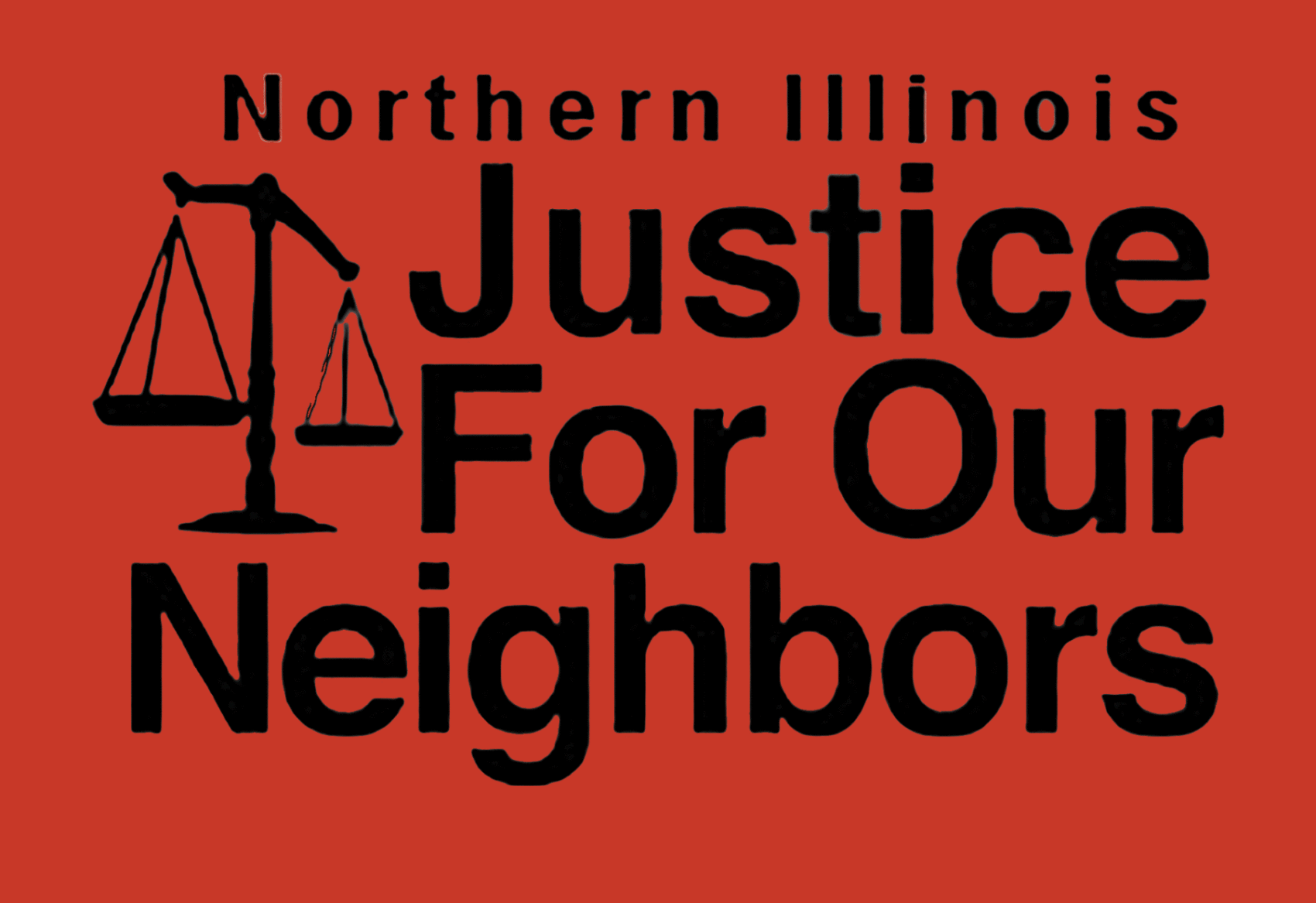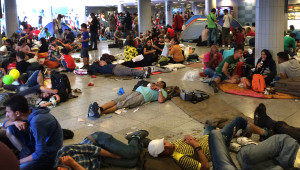What happens when abuse victims feel like they can’t call for help?
For many immigrant women who lack legal status, this is a horrifying daily reality. Undocumented women are already vulnerable to exploitation as they navigate a life in the shadows. For those who are being abused, language and cultural barriers can make it challenging to work with the police. Many abusers threaten to have women deported, fired, or separated from their children if they speak out. Fear and uncertainty keeps these women from raising their voices – and makes it even more vital that bystanders like you know how to respond. — Sojourners
Continue reading “Out of the Shadows: Supporting Immigrant Survivors of Domestic Violence”


